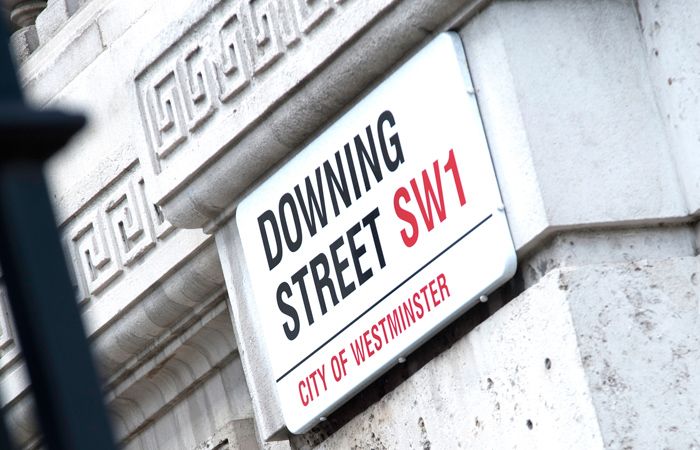Just under four in 10 UK investors (38%) are planning to make changes to their portfolios following the UK general election being called.
This is according to research from wealth management and investment advice firm St James’s Place (SJP).
Overall, 25% of investors intend to increase exposure to equities and 22% plan to buy more bonds, with 24% saying they will reduce their UK investments.
However, 13% are looking to increase their investments in the UK market.
SJP said changes could include investors adjusting their asset allocation, withdrawing funds, making additional investments and diversifying across geographies.
Altogether, 81% of the 25-34 age group plan to adjust their portfolios, with just 12% saying they will take no action.
In contrast, 74% of 45–54-year-olds and 85% of those over 55 said they will sit tight and take no action at all.
The research also found that novice investors – those who have been investing for less than a year – are more than three times as likely (62%) to react to the general election than those who have been investing for a decade (19%).
Out of the investors planning to make changes to their portfolios, 33% are more likely to make additional contributions rather than withdraw funds (15%).
Under a fifth (19%) have decreased confidence in the UK stock market and 13% have decreased confidence in their own investments due to the election.
SJP’s analysis of UK market performance data spanning the past 10 UK elections found no clear trends between election outcome and market performance.
It believes this “underscores the importance of staying invested and not following the noise or trying to time the market in response to short-term events”.
The only consistent outcome from a general-election period was positive medium- to long-term performance of the UK equity market.
SJP investment research director Joe Wiggins said: “Our research into market behaviour shows that political events such as general elections have limited impact over the long-term.
“Therefore, while any period of political change can cause investors to worry, it is important not to become overly distracted by short-term noise.
“It is encouraging to see that very few respondents were looking to react to current events by withdrawing their investments, but it is important to remember that timing the market also applies to adjusting our asset allocation.
“High-profile events can often tempt us into injudicious trading decisions, and this is something we should look to guard against.
“Successful long-term investing is founded upon building a diversified portfolio spread across asset classes and geographies, and tailored to meet our return and risk objectives.
“If we get this right, we should be well-positioned to meet our goals irrespective of short-term events.”
The general election will take place on 4 July.
To obtain these results, SJP surveyed 1,000 UK investors.















Reducing UK investments is just common sense and has little to do with the election.(Although this is unlikely to help). Just look at the statistics. The UK lags most markets. Just examine your portfolios. What is the profit on cost for your UK holdings? Compare with Europe, N. America and Global. Then see what proportion of your portfolio is made up of UK stocks compared to the others. I think you will find that rather illuminating.
Someone clearly hasn’t got their finger on the pulse when it comes to what the British public want…
“Two thirds (66%) of all UK investors would use the UK Isa as well as 79% of younger investors (18-34-year-olds).”